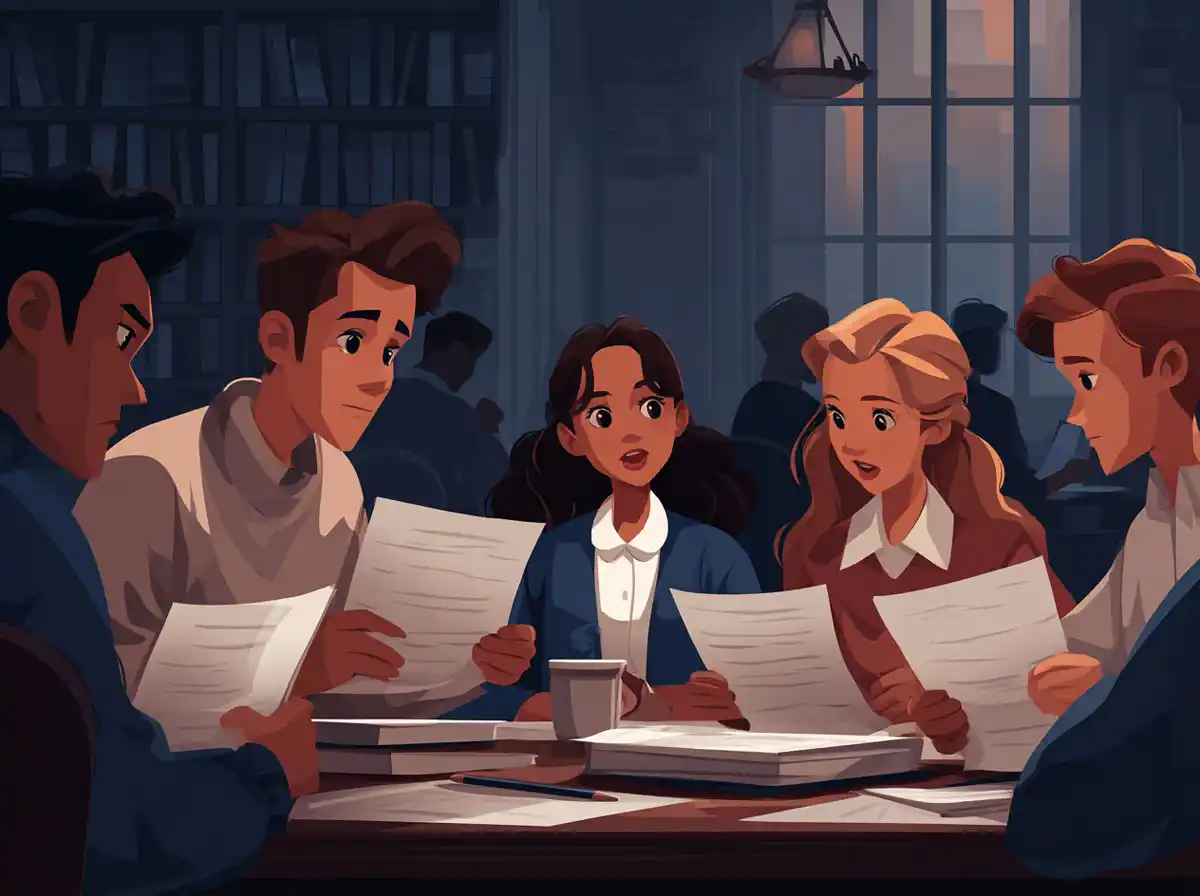Understanding the Future Tense: Why It Matters
The future tense is essential for expressing actions or events that will happen after the present moment. Unlike past or present tenses, the future tense conveys uncertainty, intentions, or scheduled plans. It plays a crucial role in everyday communication, business, storytelling, and planning. Mastering this tense improves fluency and confidence in both spoken and written language.
Key Functions of the Future Tense
– Predictions: Expressing what you think will happen.
Example: *It will rain tomorrow.*
– Promises and Offers: Making commitments.
Example: *I will help you with your homework.*
– Plans and Intentions: Stating future arrangements.
Example: *She is going to travel next month.*
– Spontaneous Decisions: Decisions made at the moment of speaking.
Example: *I’ll answer the phone.*
Understanding these functions allows learners to choose the appropriate future tense form and context.
Common Forms of the Future Tense
English has several ways to express the future, each with distinct nuances. Recognizing and practicing these forms is critical for comprehension and effective communication.
Simple Future: “Will”
– Structure: Subject + will + base verb
– Usage: Predictions, promises, offers, and spontaneous decisions.
– Example: *They will arrive at 6 PM.*
Be Going To
– Structure: Subject + am/is/are + going to + base verb
– Usage: Planned actions and strong predictions based on present evidence.
– Example: *I am going to start a new job.*
Present Continuous for Future
– Structure: Subject + am/is/are + verb(-ing)
– Usage: Fixed plans or arrangements.
– Example: *We are meeting them tomorrow.*
Future Continuous
– Structure: Subject + will be + verb(-ing)
– Usage: Actions that will be in progress at a specific time in the future.
– Example: *This time next week, I will be traveling.*
Future Perfect
– Structure: Subject + will have + past participle
– Usage: Actions that will be completed before a certain future time.
– Example: *By 2025, she will have graduated.*
Challenges Learners Face with the Future Tense
Despite its importance, many language learners struggle with the future tense due to:
– Multiple forms leading to confusion: Choosing between “will,” “going to,” or present continuous can be tricky.
– Subtle differences in meaning: The nuances between planned actions and spontaneous decisions require understanding context.
– Irregular verb usage: Although less common in the future tense, some verbs can cause errors.
– Pronunciation and contractions: For example, “I’ll” vs. “I’ll” in speech can be confusing.
Overcoming these challenges requires targeted practice and feedback.
Using a Future Tense Quiz to Enhance Learning
A future tense quiz is an effective tool for reinforcing knowledge and identifying areas for improvement. It can be used in classrooms, self-study, or online learning platforms like Talkpal to provide immediate feedback and track progress.
Benefits of a Future Tense Quiz
– Active Recall: Encourages learners to retrieve information, improving memory retention.
– Error Identification: Helps pinpoint specific mistakes and misunderstandings.
– Engagement: Interactive quizzes maintain motivation and interest.
– Progress Tracking: Allows learners and teachers to monitor improvement over time.
Types of Future Tense Quizzes
– Multiple Choice Questions (MCQs): Choose the correct future tense form in a sentence.
– Fill-in-the-Blank: Complete sentences with the appropriate future tense verb form.
– Sentence Transformation: Convert present tense sentences to future tense.
– Error Correction: Identify and fix mistakes in sentences using the future tense.
– Matching Exercises: Match sentences with their correct future tense usage or meaning.
Sample Future Tense Quiz Questions
1. Choose the correct form: *She _____ (go) to the concert next week.*
a) will go
b) is going
c) goes
2. Fill in the blank: *By 2023, they _____ (complete) the project.*
3. Rewrite the sentence in future tense: *He eats lunch at noon.*
4. Identify the error: *I will going to the store later.*
5. Match the sentence with its use: *I will call you tomorrow.*
– a) Promise
– b) Plan
– c) Prediction
Tips for Effective Use of Future Tense Quizzes
– Practice Regularly: Consistency improves mastery of tense usage.
– Review Mistakes: Analyze errors to understand why they occurred.
– Use Contextual Sentences: Practice with sentences related to daily life, work, or interests.
– Combine with Speaking Practice: Use quiz sentences in conversations for better retention.
– Leverage Technology: Platforms like Talkpal offer personalized quizzes and instant feedback.
How Talkpal Enhances Future Tense Learning
Talkpal offers a comprehensive language learning experience tailored to mastering the future tense through:
– Interactive Quizzes: Engaging future tense quizzes with instant corrections.
– Personalized Learning Paths: Adaptive exercises that focus on individual weaknesses.
– Real-time Practice: Opportunities to use future tense in speaking with native speakers or AI tutors.
– Progress Reports: Detailed analytics to track improvements and set goals.
Using Talkpal’s future tense quiz modules accelerates learning and builds confidence in applying future tense forms correctly.
Conclusion
Mastering the future tense is vital for fluent and accurate communication. Understanding its various forms and functions, recognizing common challenges, and practicing regularly through future tense quizzes can significantly enhance your language abilities. Utilizing resources like Talkpal provides an interactive and effective approach to learning, ensuring that you not only understand the theory but can also apply the future tense confidently in real-life situations. Embrace the power of future tense quizzes to transform your language learning journey and communicate your plans, predictions, and promises with clarity and precision.










